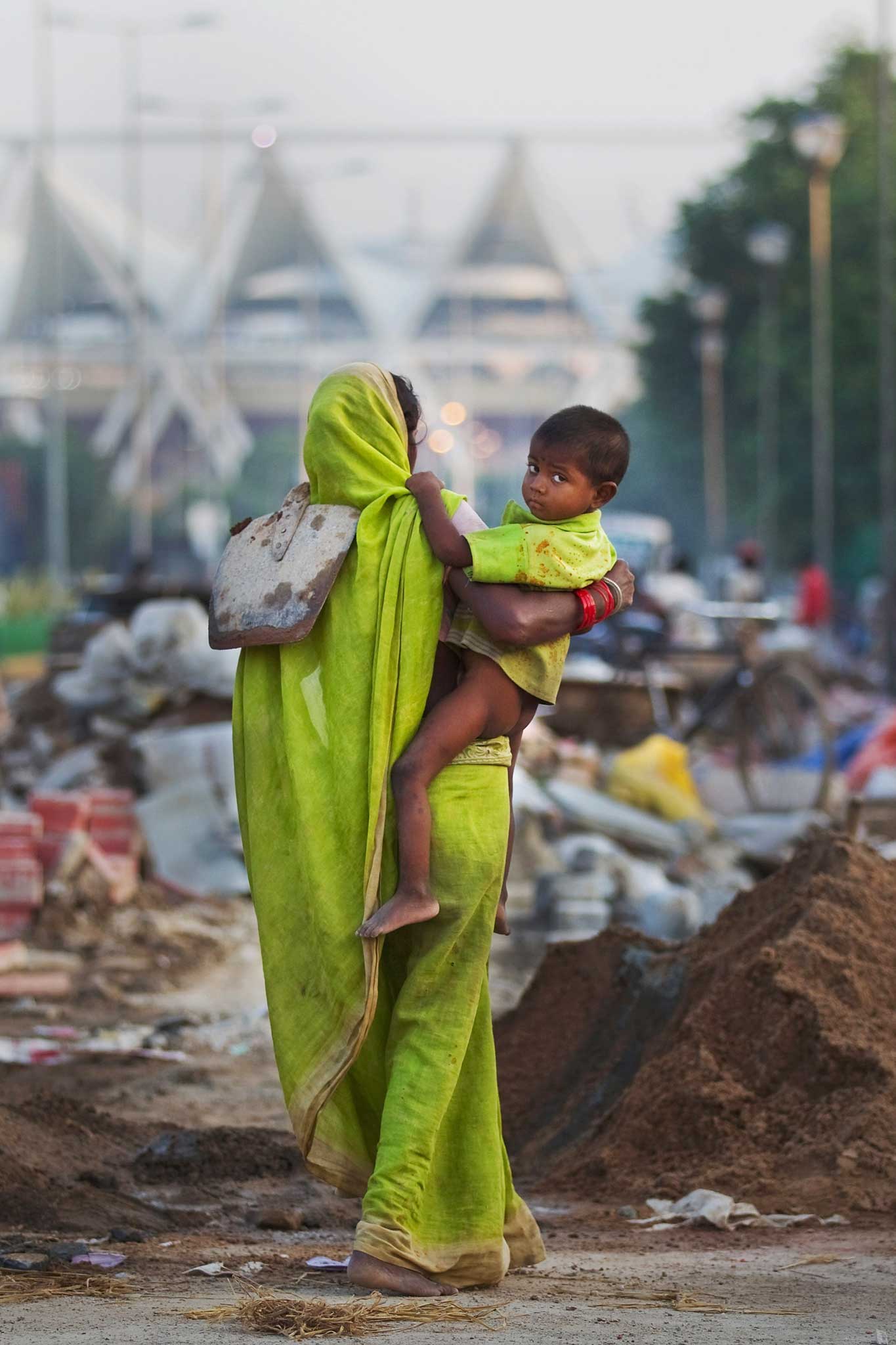A Free Man: A True Story of Life and Death in Delhi, By Aman Sethi
A searingly honest account of India's underclass of urban labourers and how they survive

This first book by a young Indian journalist was widely praised in its Indian edition for its raw but affectionate reportage of bazaar life among the labourers of India's pullulating capital city, Delhi. Deservedly so, for this is probably the most graphic and truthful account of the reality of India's uneven economic boom over the past two decades.
The jacket of the Indian edition shows a monochromatic sketch of a man's face, a Delhi construction worker: gaunt and affecting. For the British edition, the jacket perspective is quite different: a colour photograph of a crowded market district taken from the air (or maybe from some neighbouring high-rise), hazed with pollution. It is a tribute to the book that it can engage both Indians, for whom such poverty is part of their everyday environment, and non-Indians, whose experience is likely limited to reading Dickens on Victorian London.
"For as long as I can remember," writes Sethi, "Delhi looked like a giant construction site inhabited by bulldozers, cranes, and massive columns of prefabricated concrete; but the rubble has masked the incredible changes and dislocations of factories, homes, and livelihoods that occurred as Delhi changed from a sleepy north Indian city into a glistening metropolis of a rising Asian superpower."
Dislocation, not superpowerdom, is the theme. Sethi follows the story of one man, the half-educated, hard-drinking, street-sleeping Mohammed Ashraf, and his associates: a group of casual labourers centred on Bara Tooti Chowk. A rough area in one of Delhi's oldest bazaars, it nonetheless lays claim to a bit of history. An old shopkeeper tells Sethi that Mahatma Gandhi used to visit Bara Tooti regularly to supervise the burning of foreign goods during the freedom movement.
Ashraf, in his thirties, was born in a backwoods town in Bihar, and has since moved around the cities in search of opportunities. In the 1990s, he abandoned Delhi, but returned. Drunk or sober, he gets understandably irritated when pressed for his reasons, but informs Sethi: "There is something Delhi can give you – a sense of azadi, freedom from your past... Where else would a runaway run away to?"
Awful things happen in A Free Man. Despite help from the author, one labourer dies in hospital from tuberculosis. Another loses his mind and runs down the street naked before dying by the roadside. Ashraf himself contracts TB. But humour – however absurd – keeps breaking through. Ashraf had an enterprising friend in Calcutta who when asked for his qualifications answered "Double BA", and was immediately given the contract. His degrees were in "nothing and nothing", says Ashraf. But he was twice married - that is, "double biye" in Bengali. "Smart, no?"
Andrew Robinson is author of 'Satyajit Ray: The Inner Eye'
Subscribe to Independent Premium to bookmark this article
Want to bookmark your favourite articles and stories to read or reference later? Start your Independent Premium subscription today.

Join our commenting forum
Join thought-provoking conversations, follow other Independent readers and see their replies